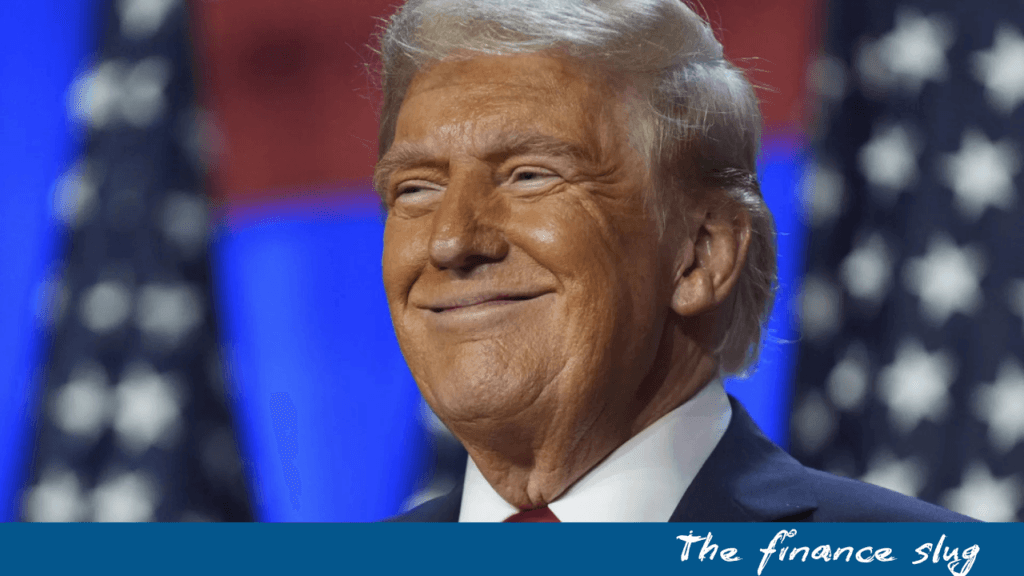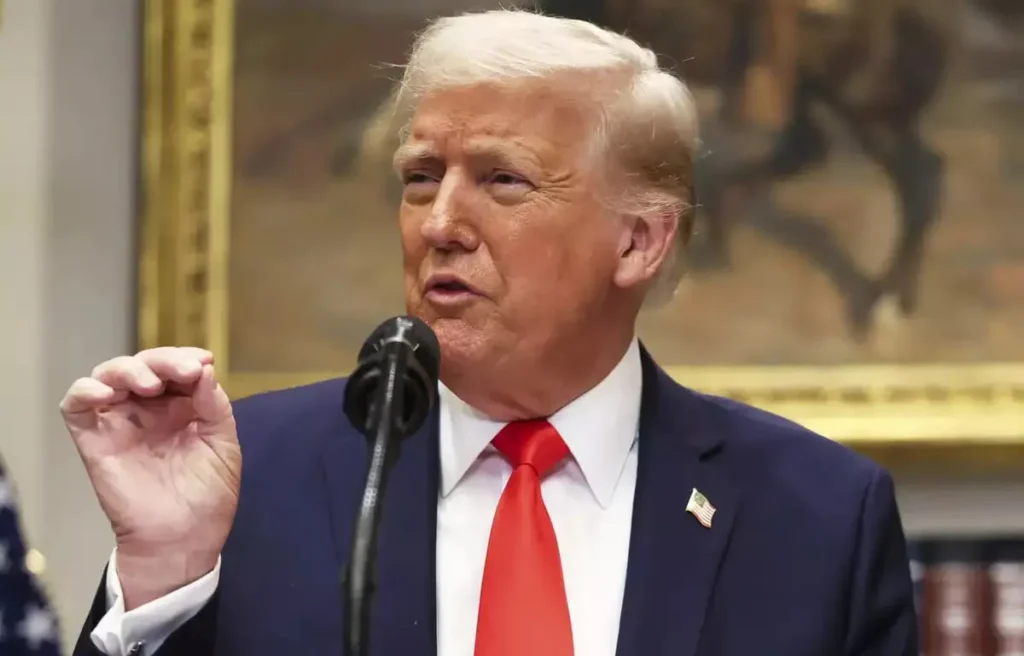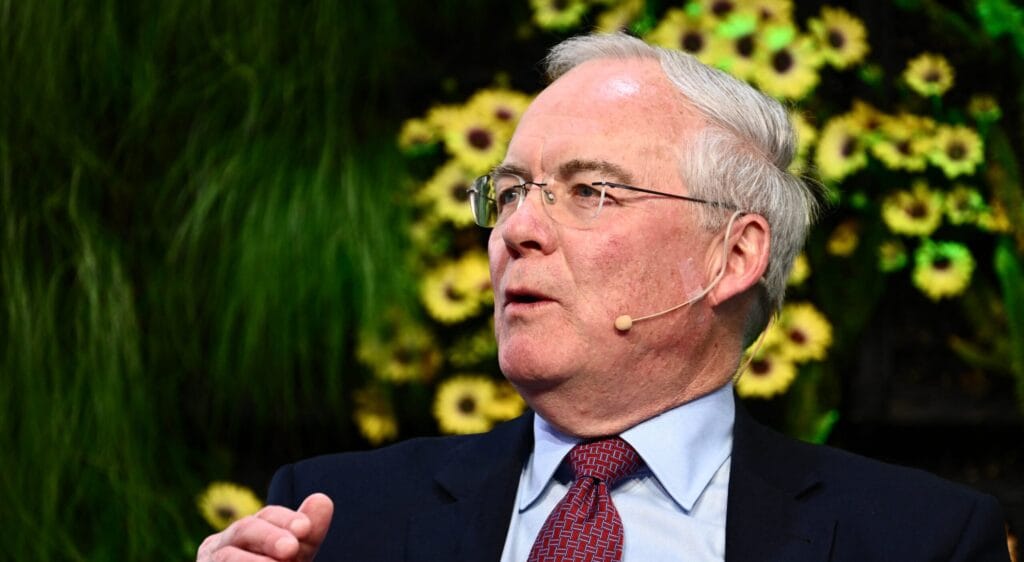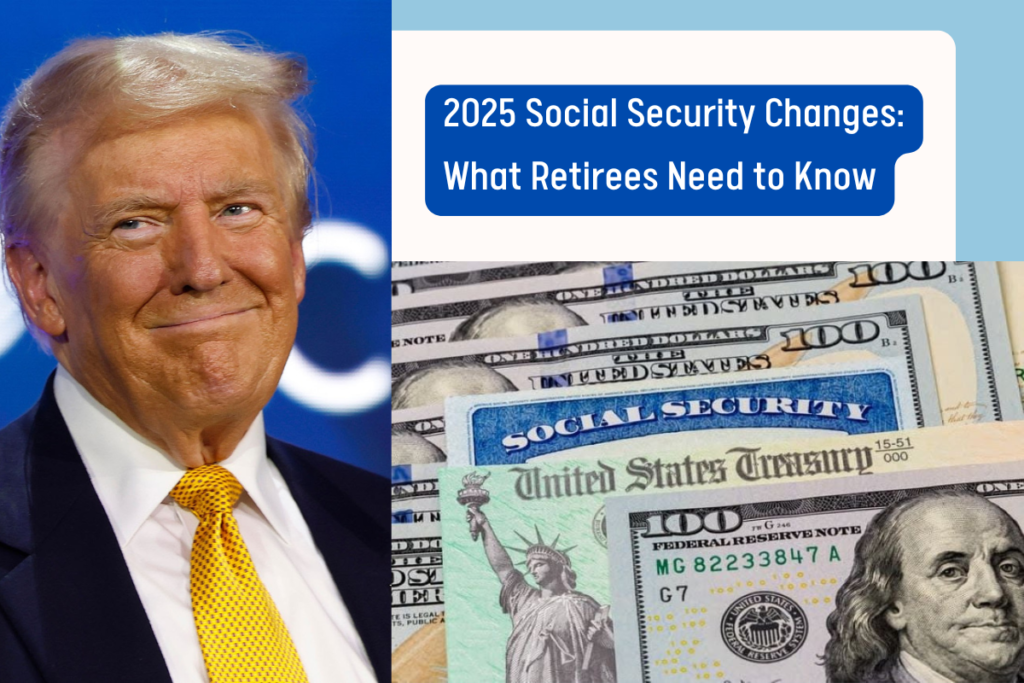
Former U.S. President and President-elect Donald Trump has warned BRICS countries—Brazil, Russia, India, China, and South Africa—that he will impose 100% tariffs on their goods if they move forward with plans to create a new currency. This proposal by BRICS aims to reduce their dependence on the U.S. dollar in global trade.
Trump stated that such a move would harm the U.S. economy, and he vowed to take strong action to protect American interests. “If you abandon the U.S. dollar, you won’t trade with the United States,” he declared at a recent rally, underscoring his commitment to maintaining the dollar’s global dominance.
How This Might Impact the World
- Rising Costs in the U.S.
Tariffs this high would make goods imported from BRICS countries much more expensive for U.S. consumers. This could lead to higher prices for everyday items like electronics, clothing, and food. - Global Trade Changes
If these tariffs are applied, BRICS countries might stop trading as much with the U.S. Instead, they could strengthen trade relationships with other nations, changing global trade routes. - Stronger Push for a New Currency
Experts believe that Trump’s actions might push BRICS countries to work harder on creating their currency. By reducing reliance on the dollar, these countries could gain more control over their economies.
Why Is Trump Taking This Step?
- Protecting the Dollar
The U.S. dollar is a key currency in global trade. If BRICS reduces its use, it could weaken America’s influence in the world economy. - Economic Strategy
Trump believes that these tariffs will protect U.S. industries and jobs. By discouraging a new BRICS currency, he hopes to keep American companies competitive. - Geopolitical Competition
China and Russia are leading the push for a BRICS currency. Trump’s stance reflects the growing rivalry between the U.S. and these nations.
What’s Next?
While it’s uncertain if BRICS will actually create a new currency, Trump’s threat shows how serious the U.S. is about protecting its economic power. If the tariffs are imposed, both sides could face challenges, with rising prices in the U.S. and reduced market access for BRICS nations. This situation could reshape global trade and financial systems in the years ahead.
This conflict could mark a major shift in how countries trade and interact economically. The world will be watching closely to see what happens next.









